Last week was unexpectedly dominated by economic matters, culminating in the devaluation of the naira. The week saw the 26th biggest economy in the world grapple for mercy at the feet of falling oil prices, all in the face of unending insurgency in the north-east. Here are 10 top headlines that tell the story of the entire week.
FALLING OIL PRICES
Crude oil, highly regarded as black gold, is gradually puncturing the economic reserves of many nations with black holes, as the prices continue crashing dramatically beyond the imagination of experts. The case grew worse over the past week, as the world saw crude oil go as low as $71 a barrel, hitting a four-year low that worried the Organisation of Petroleum Exporting Countries (OPEC). Unfortunately, OPEC no longer has the power of cutting back on supply to force a hike in oil prices, since its members now produce only 30 million barrels of the 90 million barrels of oil produced globally. Back in June, oil sold for $105 but it was $71 in November. That’s quite a big lesson: nothing lasts forever, not even crude oil or its price.
DEVALUATION OF THE NAIRA
Advertisement
The week was one for the preachers of “diversification of the economy” to gloat in their recent victory, as the nation’s apex bank grudgingly devalued the Naira as a result of pressure from falling oil prices. As oil prices fall, the Nigerian economy, which largely depends on oil revenue, takes a big hit. The resultant depletion in the country’s External Reserves weakens the CBN from ‘defending’ the Naira, which, in any case, is hardly in demand compared with the constant demand for the dollar.
Those who have always said that the Nigerian economy should not just rely on oil but on Agriculture, mining, human resource and so on, were proven right by the CBN’s decision to officially devalue the naira.
The naira can now officially exchange for N168 to a dollar with the moving of the midpoint from N155/dollar to N168/dollar, after the Monetary Policy Committee (MPC) meeting on Tuesday, raising its benchmark interest rate for the first time in three years. With the exception of those who make money in dollars but spend in naira, every other Nigeria is in some sort of trouble.
Advertisement
DIEZANI THE SILVER LINING
As dark as Nigeria’s economic fortune was during the week, Diezani Alison-Madueke added a line of silver to the whole situation with her election as the first female President of OPEC and the first Nigerian to head the 54-year-old organisation. Alison-Madueke, who was the first female executive director of Shell Nigeria Exploration and Production Company (SNEPCO), was also the first woman to hold the positions of minister transportation and minister of petroleum resources in Nigeria
What this would translate into for Nigeria as a nation is largely unknown, but experts hope it would give us a better image in international governance. How silver is our silver lining?
IF TAMBUWAL COULD, HE WOULD SEND ABBA TO JAIL
Advertisement
Less than 30 days after Suleiman Abba was appointed substantive inspector-general of police, he has become what many have referred to as a “loose cannon”. His first act that raised the eyebrow of the Nigerian public was the deployment of members of the police force to the national assembly in an attempt to halt a house proceeding. While speaking at the federal house of representatives on Wednesday, Abba refused to recognise, Aminu Waziri Tambuwal as the speaker of the house, addressing the speaker as just a member of the house, while hiding behind a shield of the law “that the case was still in court”.
Tambuwal regarded this conduct of the police boss as contempt against the court, which earlier order the maintenance of the status quo be maintained. Tambuwal therefore wants the federal high court sitting in Abuja to jail Suleiman Abba, for disobeying a previous order of the court.
KANO BOMB BLAST AND POINTLESS TERRORISM
Initially, when bombings started in Nigeria, it was seen as an act against western education. It became a religious battle when a famous catholic church was destroyed in Abuja on Christmas day. Now, the terror train no loner exempts mosques, leaving not less than 50 dead and many others injured.
Advertisement
Nigerians are quick to attribute the bombing to Boko Haram, who always claim responsibility for the flowing blood of agony and pain. If this is the sect again at work, then we should ask the question, what does Boko Haram want? End of western education? End of the Jonathan administration? Creation of Islamic caliphate? What exactly? This battle against the sovereignty of our nation has gone on for too long. This terror must stop!
KONGI’s BATTLE WITH CANCER
Advertisement
Speaking at a press conference at the June 12 Cultural Centre in Abeokuta, Ogun state, on Tuesday, Africa’s first Nobel Laureate in literature, Wole Soyinka, slit the cotton open on his battle against cancer, announcing that he was diagnosed of the deadly disease December 2013.
The 80-year-old encouraged awareness and preventative measures in stopping the spread of the disease, attributing early detection and proper nutrition to his stable health so far.
Advertisement
Olaokun Soyinka, his son and a commissioner for health in Ogun state, also made it clearer, saying the award winning playwright was diagnosed for prostate cancer. The literary world expressed so much love for the poet. Long live Kongi.
JONATHAN’S BIG REGRET
Advertisement
President Goodluck Jonathan expressed regrets over the election of Aminu Tambuwal as the speaker of the federal house of representatives. While speaking on Friday at the Yoruba Unity Summit, tagged ‘National development: Whither the Yoruba’ at the Obafemi Awolowo University (OAU), Ile-Ife.
The president, who is seeking the solidarity of the Yoruba leaders ahead of his reelection campaign, attributed his failure to install a south-westerner as speaker to the selfishness of some Yoruba leaders.
“The last time, it was difficult for me because I insisted that the southwest must get the speaker,” he said. “Of course, I couldn’t go through with it because some of us within the southwest didn’t want it, based on some personal reasons; I am still suffering from that till today.”
EBOLA AND ITS RED ALERTS
It’s a red alert in itself that after at least 30 days since Nigeria was declared Ebola-free, there’s still a country in the world that is yet to lift its travel ban on Nigerian travellers: Bahrain’s travel ban on Nigerian travellers still remains intact.
However, there’s a more serious red alert for the Nigerian Ebola situation, as a report by TheCable showed that the Nigerian border still remains very porous with little or no checks at the border. This, if not readily attended to, may spell doom for Nigeria, when Nigerians in Ebola hit-West African countries head back home for the coming festivities.
Good news may end up as bad news for Ebola survivors, if they ignorantly transfer the deadly disease to their spouse via sex. A World Health Organisation study has shown that the virus can stay up to 82 days in the gamete cell, spermatozoon, of an Ebola survivor. Ebola survivors have been advised to abstain from sex and masturbation for three months.
SSS REALLY WORKING FOR SHERIFF?
Stephen Davis, the Australian negotiator who sparked off controversy by naming two prominent Nigerians as sponsors of Boko Haram, accused the State Security Service (SSS), also known as DSS, of doing the bidding of Ali Modu Sheriff, one of the alleged sponsors of the terror group.
In August, David had named Ihejirika Azubuike, former chief of army staff, and Ali Modu Sheriff, former governor of Borno state, as sponsors of Boko Haram. Both denied the allegation. Davis is now accusing the Nigerian secret security agency of shielding Sheriff from justice and doing his bidding. In a statement made available to TheCable, the Australian negotiator queried the “untouchable” Sheriff.
“The SSS has not touched Sheriff. The EFCC has not touched Sheriff. The Cameroon Government arrested Sheriff in 2012 on matters related to Boko Haram but political muscle saw him released.
“The Nigerian public cannot be blamed for concluding Sheriff is above the law and more powerful than any agency of political office in Nigeria. The arrest of ordinary.
“Law-abiding citizens who have been trying to help the victims of Boko Haram should make every law-abiding citizen disgusted. Is there still a Constitution in Nigeria to protect these people? Has the SSS become a law unto itself?” Question, questions and questions!
THE OBJ APPROACH TO SOLVING INSURGENCY
Erstwhile President, Olusegu Aremu Obasanjo, once again offered his thoughts on the solution to the insurgency. While speaking on Wednesday during the book launch of Mustapha Akanbi, a retired justice and former chairman of the Independent Corrupt Practices and other related offences Commission (ICPC), Obasanjo accused the president of poorly handling of the insurgency in the country.
“President Jonathan’s understanding of Boko Haram phenomenon suffered from wrong reading and wrong imputation. That is what led us to where we are today,” he said.
“Boko Haram is not simply a menace based on religion or one directed to frustrate anybody’s political ambition but essentially a socioeconomic problem that is tainted with religion.”
He added that it took Jonathan three years to understand the situation at hand.
“It took even the president more than three years to appreciate and understand that it is a terrible mix of poor education or lack of education, misinterpretation of what is almost and the Quran teach and stand for, poverty, unemployment, injustice, drug, gun trafficking, human trafficking, fallout from Libya, revenge, frustration, struggle against inequality, imitation of international terrorism leading to training and part of the absorption by international terrorists groups and general poor governance including corruption. I have always maintained that the solution to Boko Haram lies in the application of stick and carrot.”
He also accused Jonathan of “destroying democracy” and being intolerant of opposition.
1 comments

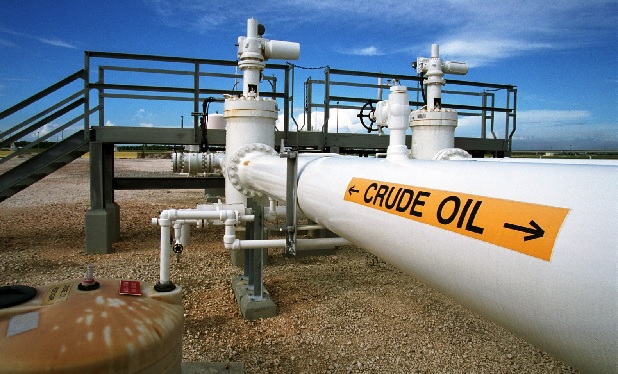


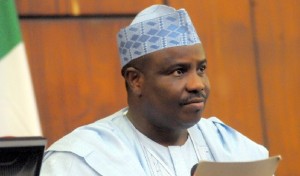
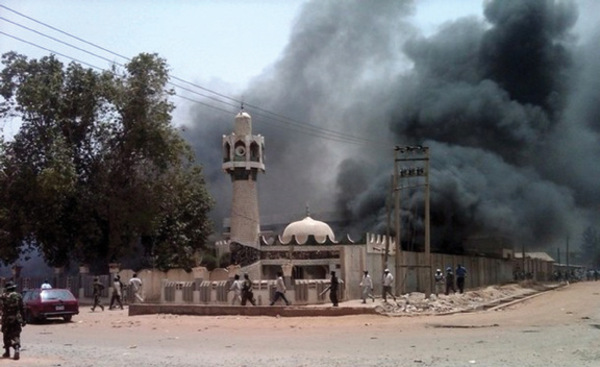
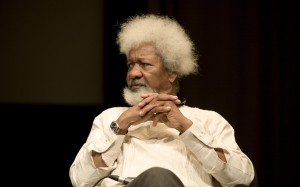

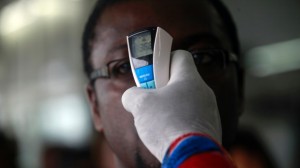
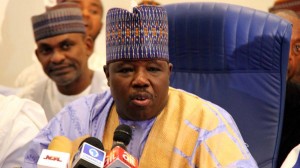
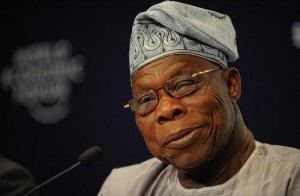

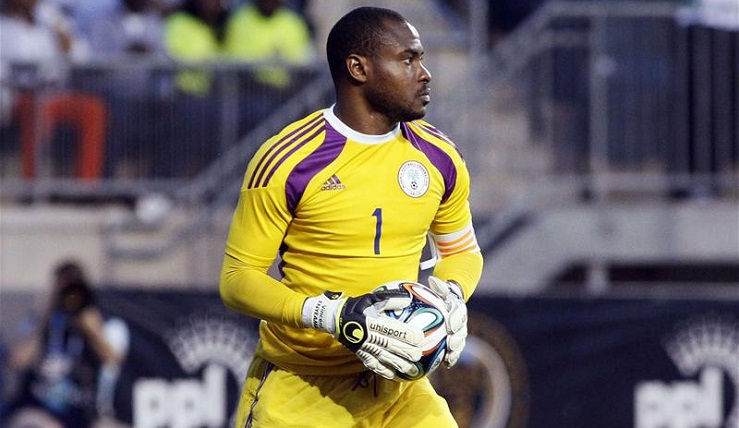

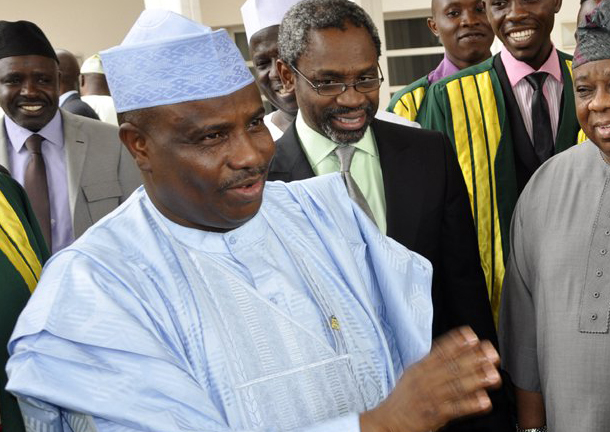
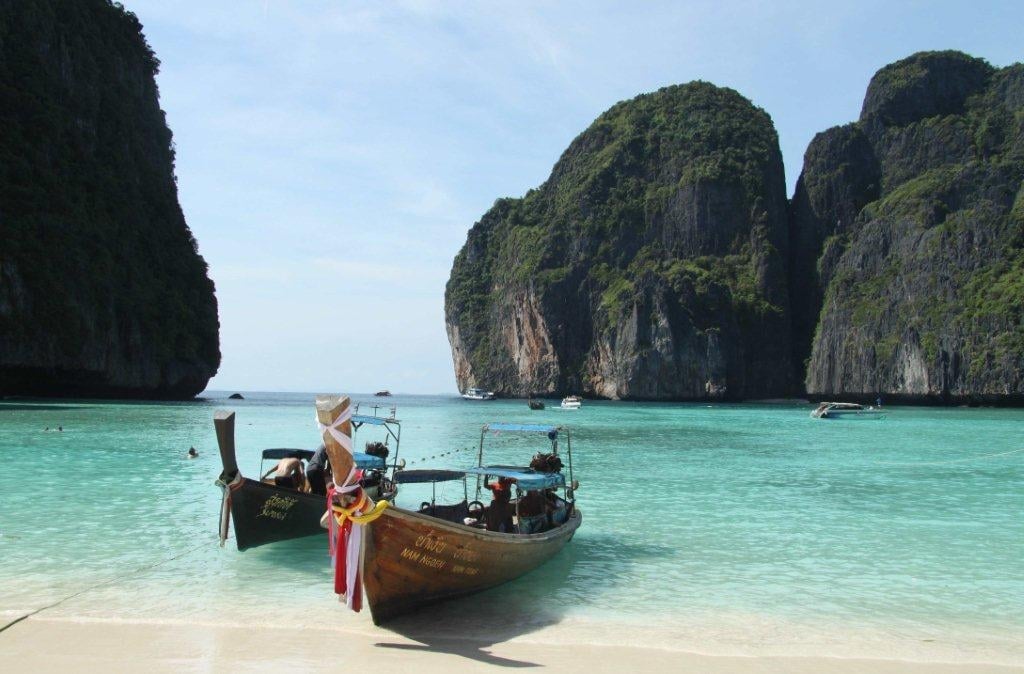
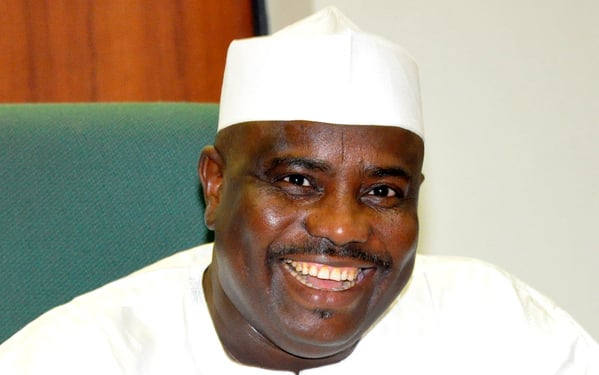
Two incidents in November may alter the course of the nation for a long time.
The Kano blast is a very sad and regrettable event and heartfelt condolence goes to the survivors and the families of the dead. This is one of the latest in the chain of book haram atrocities, but what is very unique about this incident is that it has finally pitched Nigeria Muslims against the terrorist. Even the sultan and Kano emir have denounced them and called for a fight against the terrorists. Henceforth we are not likely to hear any northern leader asking for amnesty for the terrorist; rather there will be an all out fight against the sect henceforth by all Nigerians, just the same way we united to fight ebola when we realized it’s a common enemy. With this united position, the end of BH is near. In fact there may be exposures and revelations and their financiers would finally be named
The other issue is the fall in oil price.In Nigeria, oil is our cocaine. All we do is to wait for the oil to be sold in the international market and we share the proceeds every month. No development, no need to build industries or infrastructure or any other facilities , rather we go for our shot every month in Abuja to get high and squander the money encouraging corruption. However the recent event would ultimately lead to increased demand for accountability and performance by all tiers of government. Also the state and local government would now learn to be resourceful and creative and improve their IGR and develop dormant assets.
In life, we can manage small problems, but big problems demand solutions. Eventually Nigeria would eventually come out better as we find solutions to our common problems. The only sad thing is we had to wait till it got so bad and many lives and assets lost